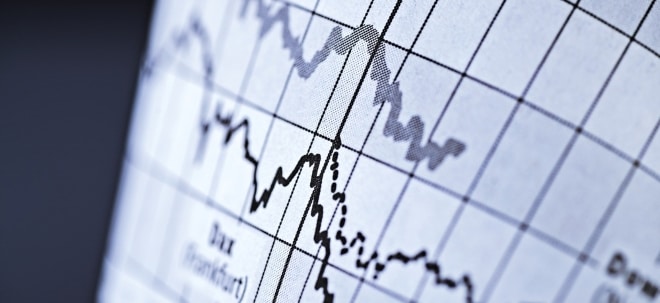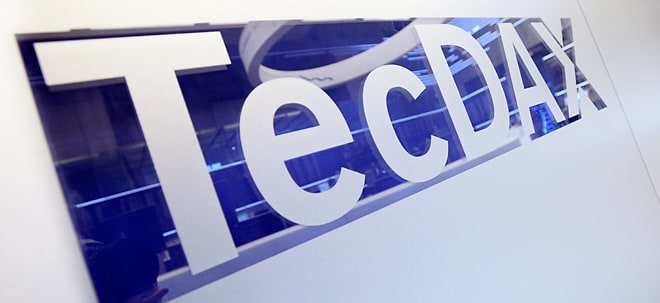Russia's economy Smoke and mirrors Feb 28th 2008 | KALUGA, MOSCOW AND NIZHNY NOVGOROD
From The Economist print edition As Vladimir Putin stands aside (sort of), how much has he to do with Russia's booming economy—and how long can it last?
[...] A benign inheritance According to Mr Putin, the state was barely functioning when he took over from Boris Yeltsin in 2000. One of his most bellicose speeches lambasted his predecessors in the 1990s who “acted against state and society, who served the interest of oligarchic groups and squandered the national wealth, those who led Russia to the mass poverty and corruption with which we are struggling to this day.” In fact, Mr Putin came to power at an unusually benign moment. The debt crisis and devaluation of 1998 had flushed out the financial system, removed constraints on the rouble and enforced fiscal discipline. With much of the economy in private hands and most prices liberalised, recovery inevitably took off. By the end of 1999 Russia was already growing by more than 6% a year. In 2000 growth accelerated to 10%, a rate still not matched eight years later. Symbolically, four days before Mr Putin was officially elected as president, the first IKEA store opened in Moscow. 
To be fair, at first Mr Putin worked hard to consolidate growth. His government simplified and cut taxes. Budget reform brought clarity and stopped the government making unrealistic pledges on spending. Mr Putin not only chose a liberal economist, Andrei Illarionov, as his economic adviser, but also listened to him. For the most part Russia used its oil windfall prudently, repaying debt, building up reserves and filling its stabilisation fund. Many of the reforms conceived in the 1990s were passed at last, including legislation to improve the judicial system and allow a free market in land. The benefits of Mr Putin's early efforts are still felt today. Where did it go wrong? Mr Illarionov, who quit his post in 2005, argues that the breaking point was the attack on Yukos that began in mid-2003. The significance of the Yukos affair went beyond the destruction of Russia's largest oil company and the imprisonment of its boss, Mikhail Khodorkovsky. It dictated the country's entire economic and political course. The attack on Mr Khodorkovsky was presented as a crackdown on the oligarchs. Yet it created a new, more powerful and less visible caste that began to play a dominant role in the economy. The share of crude-oil production controlled by state and semi-state companies doubled. Growth in oil output, which before the Yukos affair had been running at about 9% a year, slowed to just 1% by the end of 2007. Worse, the destruction of Yukos negated any efforts to strengthen the rule of law. “The problem is not that the Russian legal system is weak,” says Vitaly Naishul, who watches Russian institutions. “The problem is that it does not exist. The Russian justice system has as much to do with justice as the Soviet system of trade with trade.” That problem is as old as Russia, but under Mr Yeltsin the courts, however corrupt, were at least independent of the Kremlin. Under Mr Putin, judges have again turned into bureaucrats who rubber-stamp dubious administrative decisions. The destruction of Yukos and the redistribution of its assets to Rosneft, a quasi-state oil company chaired by Mr Putin's deputy chief of staff, showed that property rights count for little. “After Yukos nobody can feel safe,” says the owner of a factory making kitchen shelves in Kaluga. Instead of cultivating the rule of law, as Mr Putin promised, Russia was subjected to the rule of thugs, says Mr Illarionov. What followed was not nationalisation, but a series of police-assisted raids and takeovers of private firms by new oligarchs. The targets included not only oil and gas companies but also a titanium producer, an airport operator and lucrative bits of property. As Vedomosti, a business daily, complained, “The practice is so widespread, it is impossible to list all the cases.” [...] A dangerous addiction The share of oil and gas in Russia's GDP has increased, according to the Institute of Economic Analysis, from 12.7% in 1999 to 31.6% in 2007. Natural resources account for 80% of exports. Like a powerful drug, oil money has masked the pain caused to the Russian economy by the Kremlin. But the disease remains. To appreciate the impact oil prices have on the economy, compare real GDP growth of about 7% with growth measured in international prices. In dollar terms, says Rory MacFarquhar of Goldman Sachs, Russia's economy has grown on average by 27% a year, the fastest of any big economy since 2000. The flow of petrodollars is fanning a massive consumption boom, making Russia the sixth-biggest market in Europe. Disposable incomes (and retail trade) have been growing twice as fast as GDP. 
The problem, says Peter Aven, the head of Alfa Bank, is that Russia has failed to convert the oil stimulus into domestic production. Imports are growing much faster than manufacturing. The rapid real appreciation of the rouble is hurting Russia's producers, and many goods are of poor quality. This is why Algeria says it wants to return 15 military jets it purchased from Russia. Productivity remains far below that of most developed countries. In the first years after the 1998 crisis, labour and capital efficiency went up by 5.8% a year. But that growth was driven by using spare capacity left from Soviet times. Sustaining it will require more investment. Meanwhile the economy, unable to digest the money generated by the oil-and-gas boom, is clearly overheating. Inflation moved into double digits in late 2007, pushed up by, among other things, a huge inflow of capital attracted by swelling reserves and the strong rouble. Unlike oil revenues, which can be partially channelled into the stabilisation fund, this money cannot easily be absorbed. [...] read on, dear -----------
ignorance is bliss |


 Thread abonnieren
Thread abonnieren















